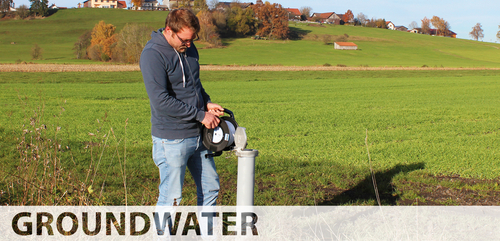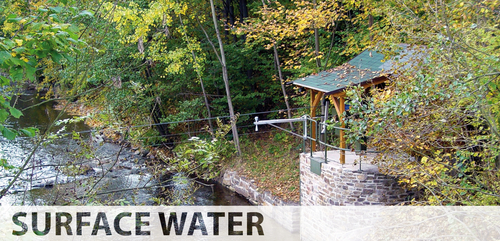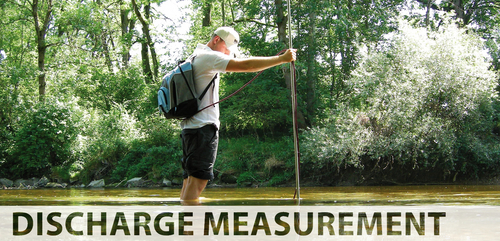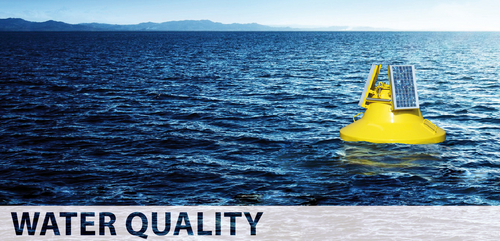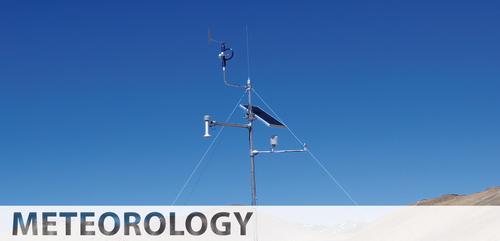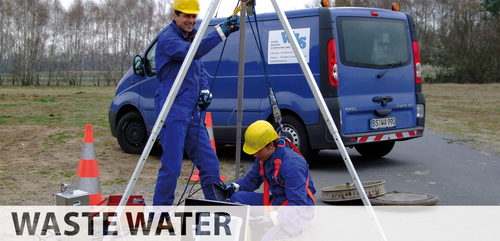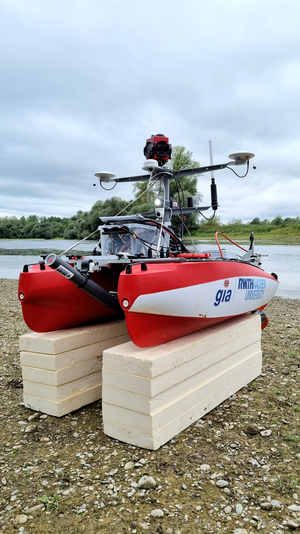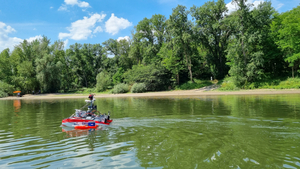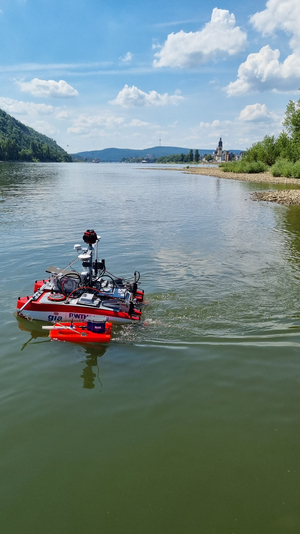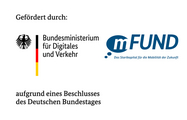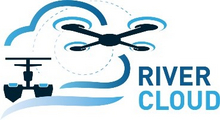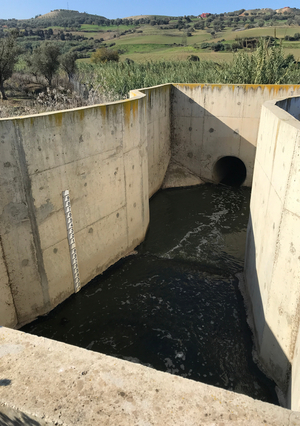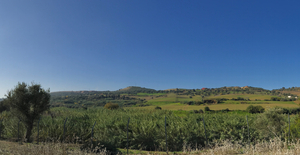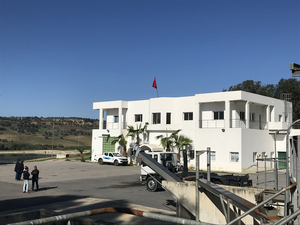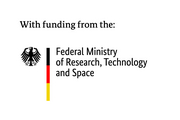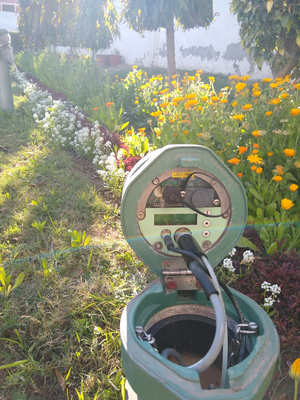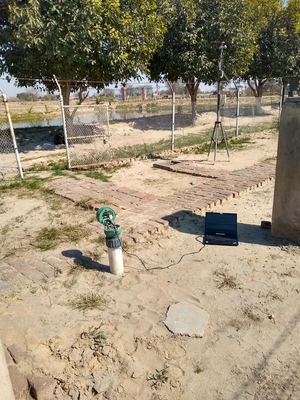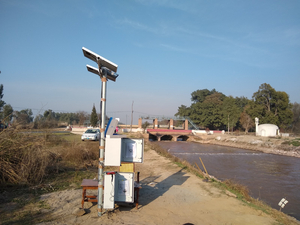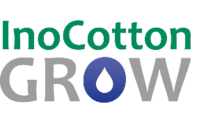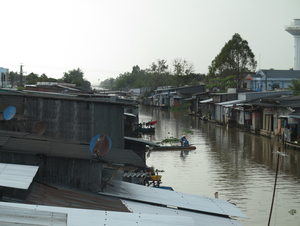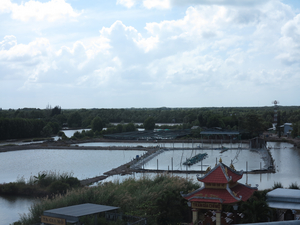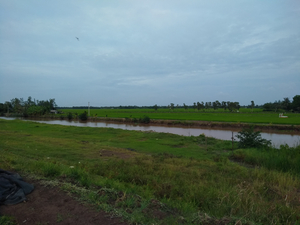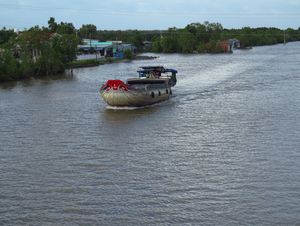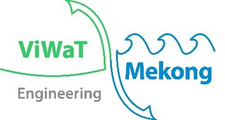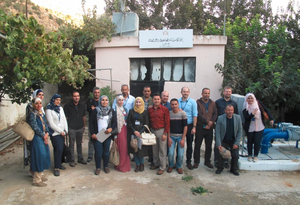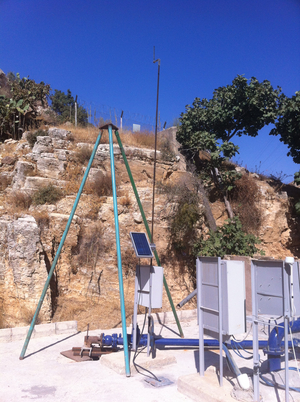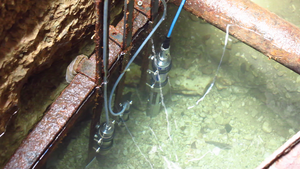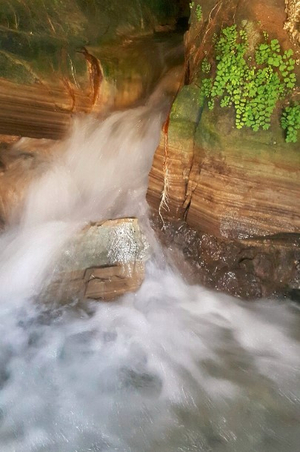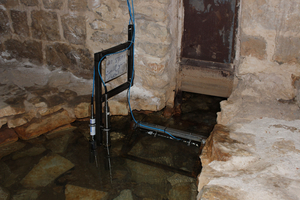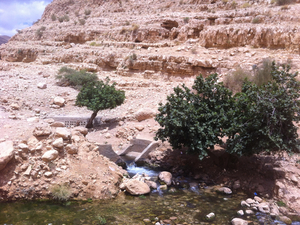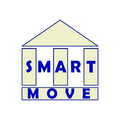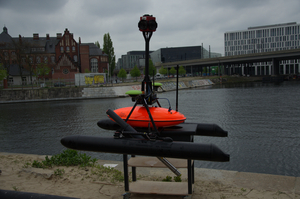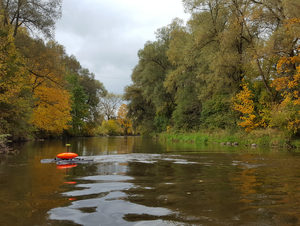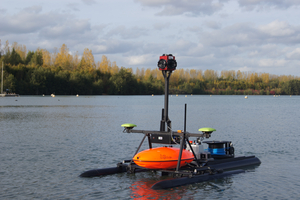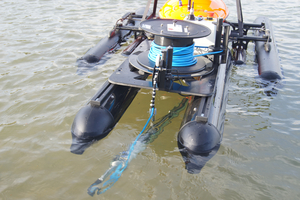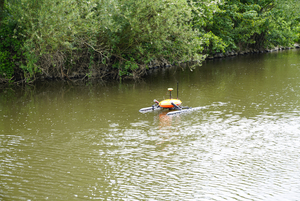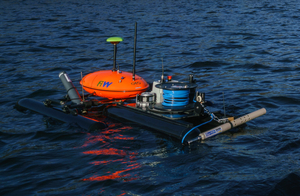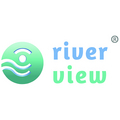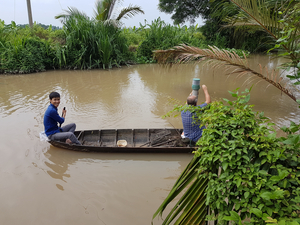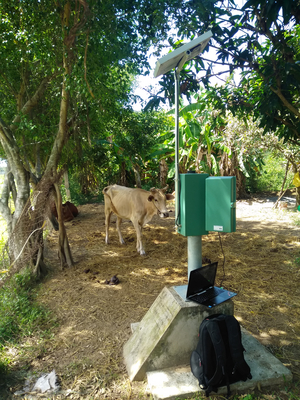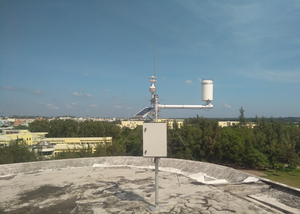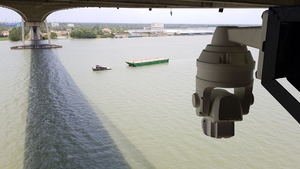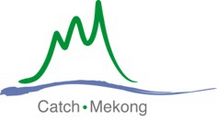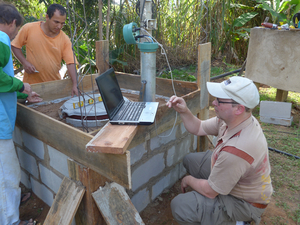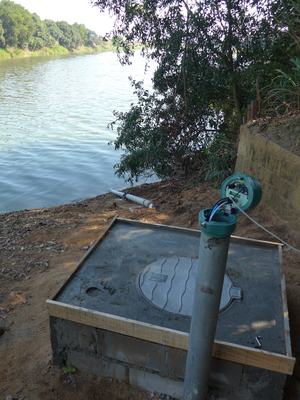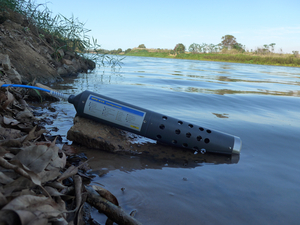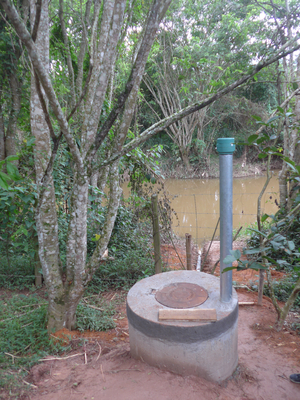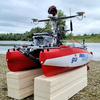
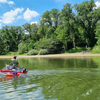
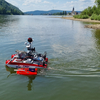
RiverCloud
"Development of an autonomous and networked UAV/USV tandem system for the collection and provision of high-resolution data for water management and the expansion and maintenance of waterways"
June 1st, 2020 to May 31st, 2023
Germany
The goal of the joint project RiverCloud is the development of modular sensors and methods to provide data for hydraulic engineering and water management challenges. The RiverCloud project relies on the expertise of the consortium partners for holistic water body considerations in order to develop a novel, autonomous and communicating tandem system consisting of an unmanned aerial vehicle (UAV) and an unmanned surface vehicle (USV). Thus, an effective monitoring and management of German federal waterways and the water environment can take into account economic and ecological aspects: The tandem system precisely and time-synchronized records geometric data of shallow waters and hydraulic structures as well as vegetation parameters of the riparian strip.
With the UAV, SEBA Hydrometrie demonstrates the "DischargeUAV" technology for the first time, a new type of camera-based method for measuring flow velocity and discharge. Furthermore, SEBA multi-parameter probes, which are integrated in the USV, record key parameters of the raw water quality. An ADCP sensor is used for measuring flow velocity and the river cross-section for validation.
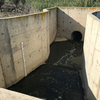
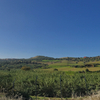
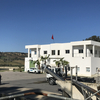
I-Walamar
Sustainable Technologies and Services for Water and Land Management in Morocco
July 2019 – June 2022
Morocco
The aim of the I-WALAMAR joint project is to test and implement practical solutions for Morocco with regard to local recycling, the preservation of ecosystem services, the restoration of heavily degraded soils and the optimization of crops by means of innovative research approaches. This is being implemented using the Fés Meknès region as an example. Elements of a cycle-based resource management will be introduced and contributions for sustainable integrated farm management will be developed.
Based on investigations at the sites, an analysis of water resources (surface water and groundwater) will be carried out and a strategy for sustainable land and water management with special consideration of the material flows of al Schließenternative resources, such as organic waste from olive oil production, cuttings from agriculture and municipal sewage sludge, will be developed. SEBA Hydrometrie will develop adapted monitoring solutions for meteorological measurements in agriculture as well as for water quality parameters with a special focus on wastewater from olive oil production.
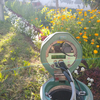
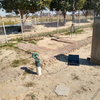
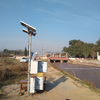
InoCottonGROW
Innovative impulses reducing the water footprint of the global cotton-textile industry towards the UN Sustainable Development Goals
March 2017 – February 2020
Pakistan
The aim of the project is to support sustainable water use in the cotton textile supply chain in Pakistan. A concept towards the water footprint is being developed into a regional-specific management tool. SEBA Hydrometrie develops water monitoring concepts for cotton cultivation, which are adapted to the specific local and climatic requirements in the project area. To observe and monitor the amount of water required in the local cotton cultivation, a DischargeKeeper station was installed to measure the amount of runoff at a selected point in the network of irrigation channels. Further on, multiparameter sensors of the SEBA MPS-D8 type were installed at the test site to monitor percolation under agricultural fields..
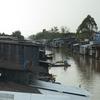
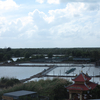
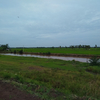
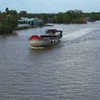
ViWaT-Engineering
Water, Energy and Construction Technologies
October 2018 – September 2021
Vietnam
In the project ViWaT-Engineering German and Vietnamese partners work on the development and implementation of sustainable strategies, concepts and technical measures to counteract progressing destabilization and depopulation of the Mekong-Delta. The Mekong-Delta and in particular the Ca Mau Peninsula in the south of the delta is threatened by erosion, salinization of water resources and dry periods, with the consequence of increasing loss of land and freshwater resources. The SEBA work focuses particularly on the topics of improved water management measures: Water quality monitoring of alternative water resources as well as the establishment of a modern groundwater and surface water monitoring using online multi-parameter systems as a basis for a better understanding of groundwater hydraulics and salt water intrusion dynamics..
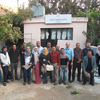
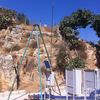
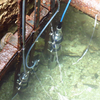
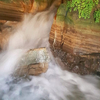
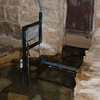
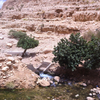
SMART-MOVE
Sustainable Management of Available Water Resources with Innovative Technologies - Management Of Highly Variable Water REsources in semi-arid Regions
February 2015 – June 2018
Jordan / West Bank
Karst groundwater is an important drinking water resource in the Jordanian highlands and the West Bank. Since the region is characterized by a steadily growing population groundwater is frequently endangered by contamination. For the local water suppliers, the monitoring of the raw water quality is imperative in order to be able to adapt the drinking water treatment accordingly. Within the SMART-MOVE project, a pilot study is being conducted to show how high-resolution online groundwater quality monitoring can optimize local drinking water management.
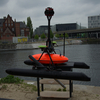
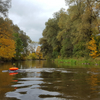
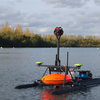
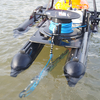
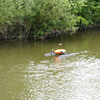
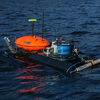
RiverView®
June 2015 - December 2019
Germany
The aim of the RiverView® project was to develop a holistic approach to better monitor and manage water bodies. For this purpose, an unmanned surface vehicle (USV) was developed which is capable of navigating small and medium-sized rivers both autonomously and via remote control. The USV forms an autonomously operating measuring catamaran. The systematic collection of synoptic visual, hydromorphological, hydrochemical and hydrophysical measuring technologies allows the simultaneous recording of georeferenced images, over- and underwater topography and the monitoring of water quality parameters. Between the two floats, a multi-parameter probe from SEBA Hydrometrie is attached to record water quality parameters such as temperature, oxygen concentrations, pH, electrical conductivity, redox potential and turbidity during the measurement run. The data obtained contribute significantly to a better process knowledge about water bodies and provide an improved basis for water monitoring and planning of measures in and on surface water. [image source: Forschungsinstitut für Wasser- und Abfallwirtschaft an der RWTH Aachen (FiW) e.V.]
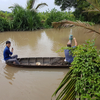
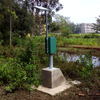
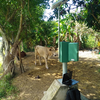
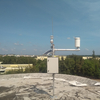
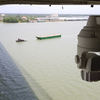
Catch-Mekong
Saltwater Intrusion and Morphodynamics in the Mekong Delta: Current Status, Upstream Impacts, and Future Developments
March 2017 - December 2019
Vietnam
The overall objective of the Catch-Mekong project is to provide innovative research and technologies for a sustainable and transboundary management of the natural water and land resources in the Mekong Delta. Process knowledge on the interaction between surface water and groundwater aquifers in coastal zones is of crucial importance in regions affected by rising sea water levels. Saltwater intrusion is a natural phenomenon in the coastal regions of the Mekong Delta, where seawater enters the delta's river and canal systems during the dry season due to the tidal influence. But if the salinity in the surface waters and groundwater is too high, the water can no longer be used for irrigation in agricultural production. To get a deeper understanding of the impacts of upstream developments and other external effects on saltwater intrusion in the Mekong Delta, two test sites were chosen for multiple water quality measurements in rivers, channels and shallow groundwater wells. Observation wells were specially equipped for high-resolution spatiotemporal salinity monitoring. In this process electric conductivity is monitored at multiple depths to identify the mechanisms of groundwater regeneration and exchange with the surface waters.
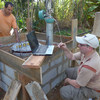
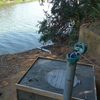
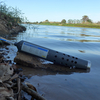
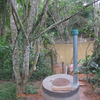
INTECRAL
Integrated eco technologies and services for a sustainable Rual Rio de Janeiro
August 2013 - July 2017
Brasil
The INTECRAL project is closely linked with the Rio Rural Project (PRR), a large-scale project to advance sustainable development in the Brazilian state of Rio de Janeiro. INTECRAL aims at driving research forward, at integrating technological knowledge into local agricultural production systems and at providing specific solutions for identified “bottlenecks”, which hinder the regional sustainable rural development. The specifically needed methods and technologies often are not available in Brazil, such as modern technologies for the sugarcane harvest for small-scale farmers, or they result in exorbitant costs, for example for water monitoring equipment. Measurement technologies for monitoring parameters such as electrical conductivity, oxygen concentration, turbidity, pH and nitrate are particularly suitable as decision-making support for water management or environmental authorities. In particular, online remote data transmission systems play a central role in order to be able to use, for example, event-controlled monitoring or multi-threshold alarms. SEBA Hydrometrie has equipped several groundwater and surface water quality stations with SEBA LogCom-2 and SEBA MPS-K16 devices in order to record the above-mentioned parameters in high-resolution and on-line. Several successful training courses were conducted with local research and government partners.

